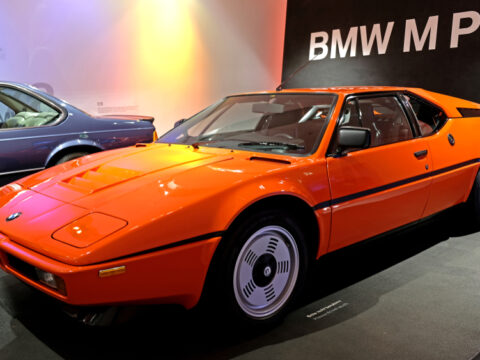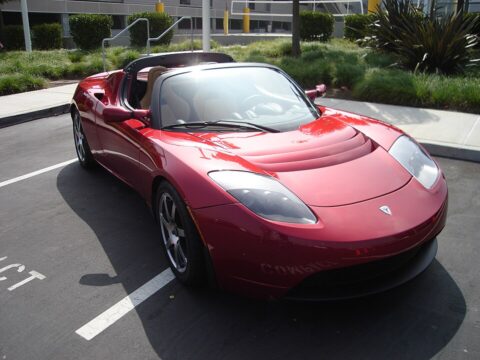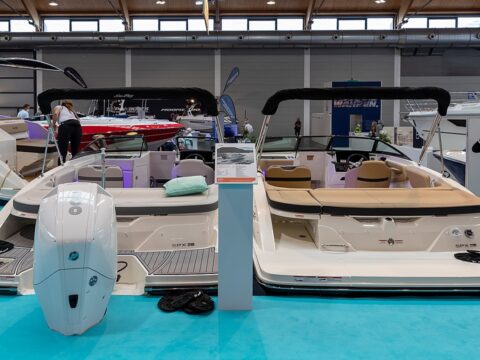Many drivers assume premium gasoline is always the better choice, but that’s not always true. From claims of better performance to improved fuel economy, plenty of myths surround this high-octane option. Understanding what’s fact and what’s fiction can help you save money and avoid unnecessary fill-ups. Let’s debunk 18 common myths about premium gasoline.
Contents
Premium Gasoline Is Always Better for Your Car
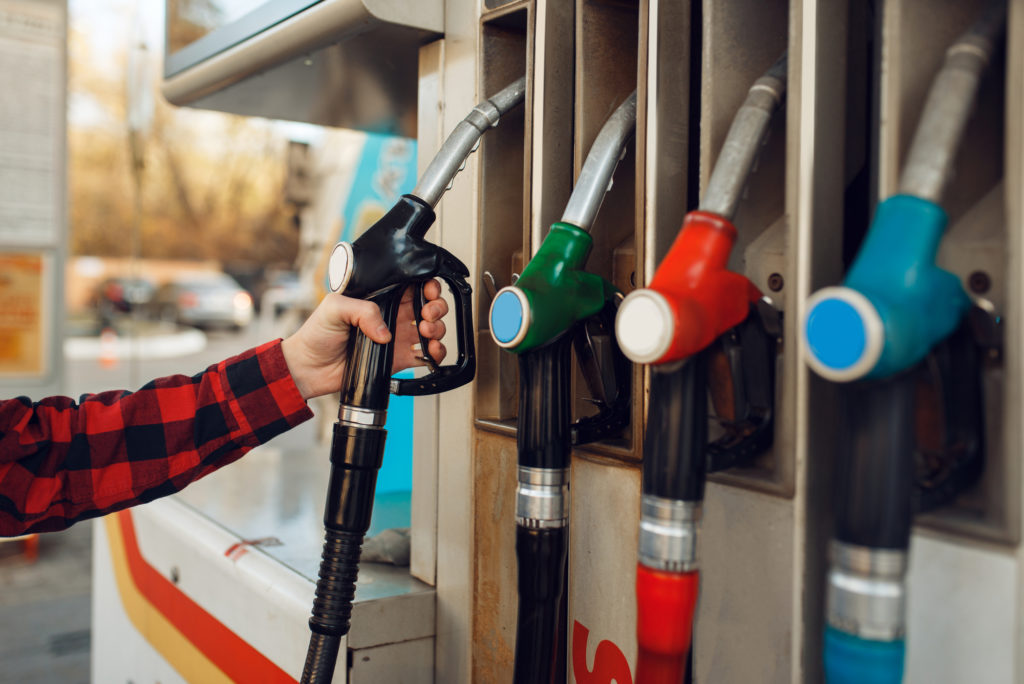
It’s a common belief that premium gasoline is superior for all vehicles, but this isn’t true. Unless your car’s manufacturer specifically recommends premium, using it won’t provide any advantages. Modern engines are designed to run efficiently on regular gas, offering the same performance. If your vehicle doesn’t need premium fuel, you’re simply spending more without any added benefit.
Premium Gasoline Improves Fuel Economy
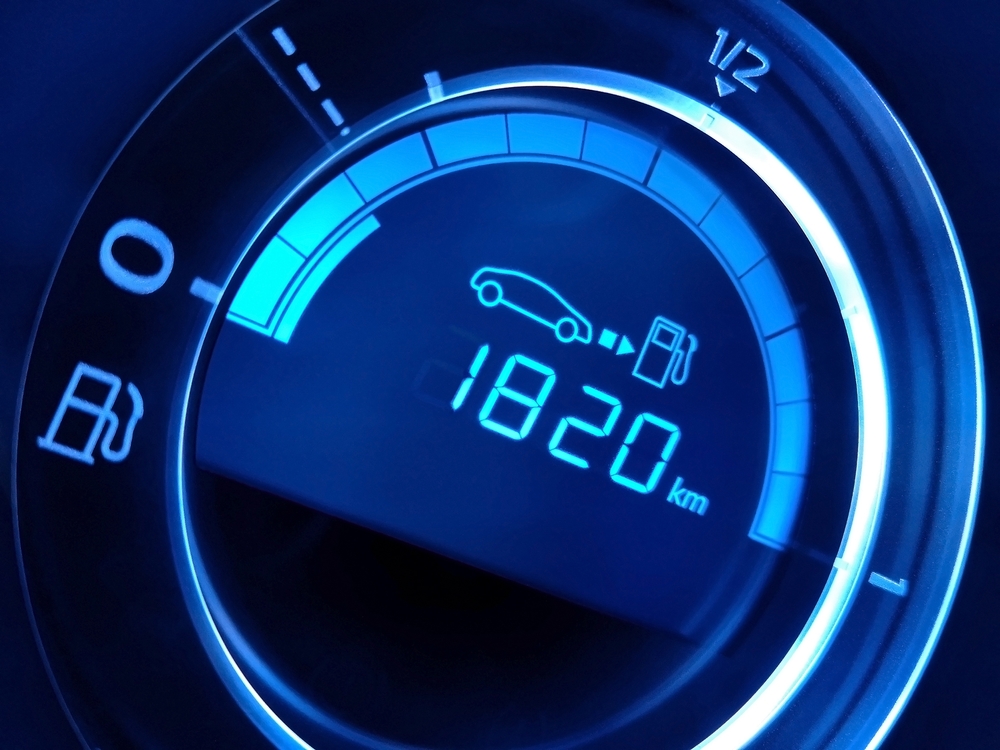
Many drivers assume that premium gasoline increases fuel efficiency, but studies show otherwise. For cars that run on regular fuel, there’s no significant difference in mileage when switching to premium. Both regular and premium contain similar energy content, meaning you won’t see cost savings at the pump. Following your vehicle’s fuel recommendations is the best way to ensure optimal fuel economy.
Using Premium Gas Will Clean Your Engine
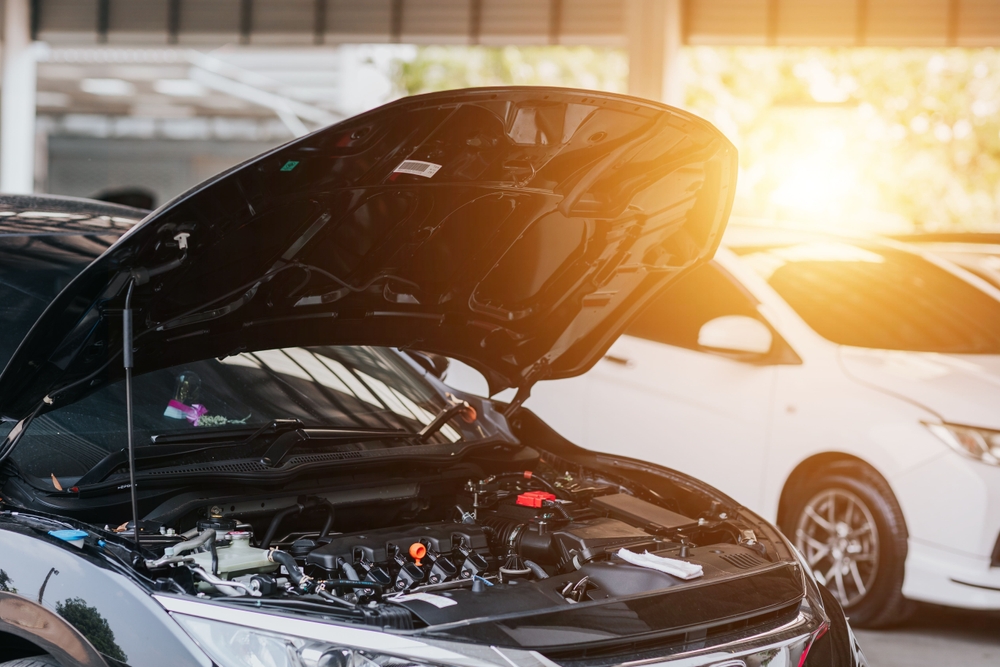
Some believe that premium gas contains special additives that keep the engine cleaner, but this is misleading. All gasoline, including regular, contains detergents that help prevent carbon buildup in the engine. Premium gasoline doesn’t provide extra cleaning power unless your car’s manual specifies otherwise. There’s no need to pay extra for a benefit you’re already getting with regular gas.
Premium Gasoline Prevents Engine Knock in All Cars
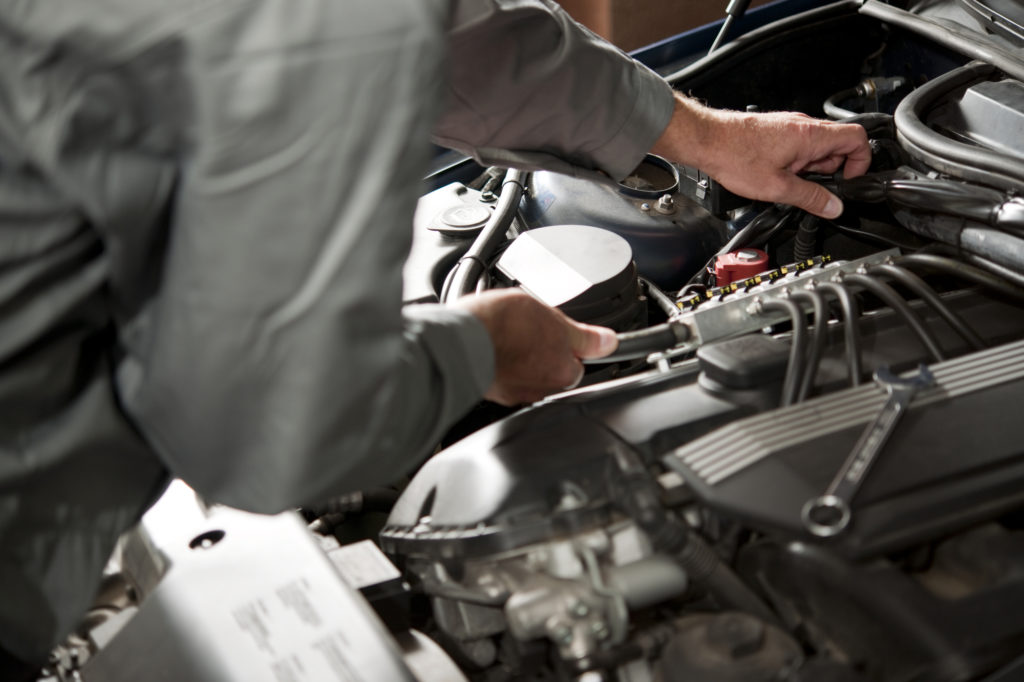
While premium gasoline helps prevent knocking in high-compression engines, it’s not necessary for most cars. Modern vehicles are equipped with technology that adjusts to regular fuel, reducing the likelihood of engine knock. Unless your car explicitly requires premium gas, using regular won’t harm your engine or lead to knocking. For most drivers, premium gas offers no advantage in this area.
All Luxury Cars Require Premium Gasoline
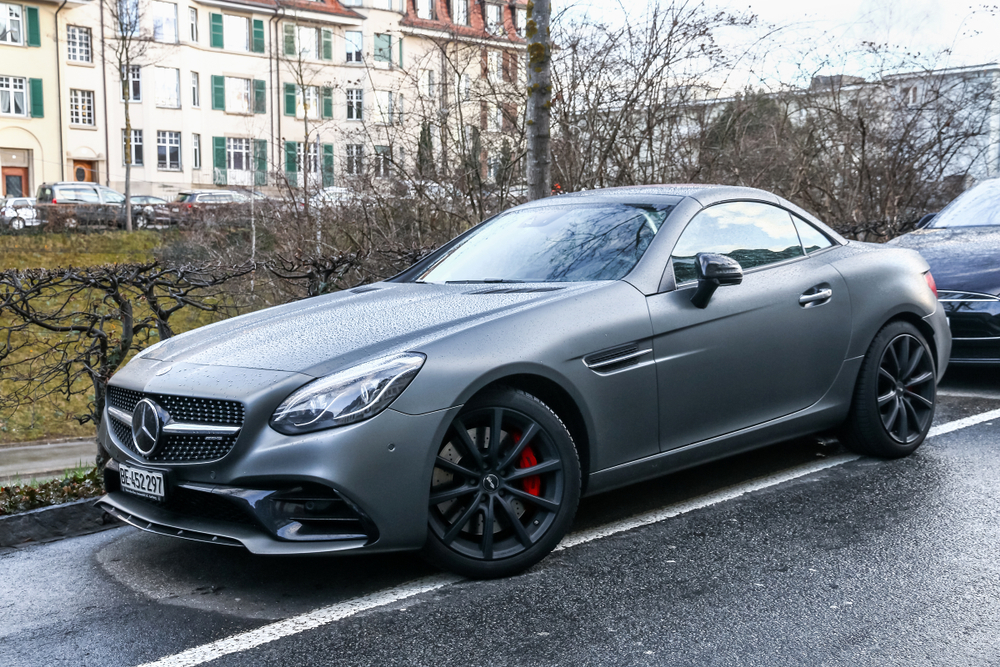
It’s easy to assume that all luxury cars need premium fuel, but this isn’t always the case. Many newer luxury vehicles are engineered to run efficiently on regular gasoline. Always check your owner’s manual to see what’s recommended for your specific model. By using premium when it’s not required, you’re simply wasting money without improving performance.
Premium Gasoline Makes Your Car More Powerful

There’s a widespread belief that premium gasoline boosts engine power, but that’s only true for specific engines. If your car isn’t designed for high-octane fuel, using premium won’t increase horsepower or improve acceleration. Most vehicles will perform the same on regular gasoline. Premium fuel is only beneficial for engines that require it.
Switching to Premium Will Fix Poor Engine Performance
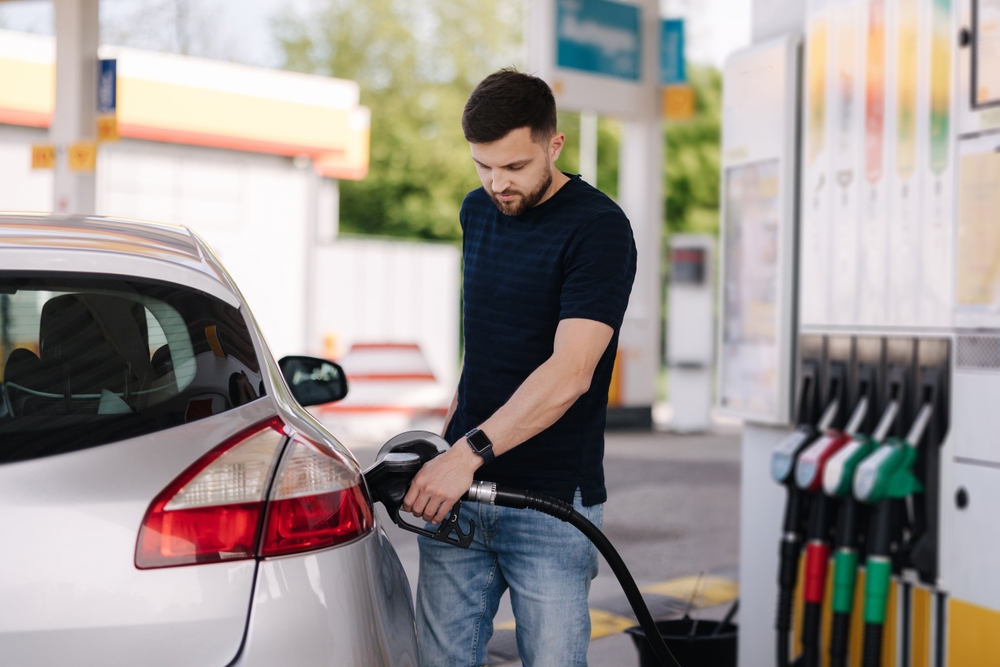
When a car isn’t running smoothly, many think switching to premium gas will solve the issue. In reality, engine problems are often due to mechanical or electrical faults, not the type of gasoline. Premium fuel won’t repair underlying issues or improve performance in vehicles that don’t require it. It’s better to have your car inspected rather than relying on a higher grade of fuel.
Premium Gasoline Lasts Longer in the Tank

There’s a misconception that premium gasoline has a longer shelf life than regular fuel, but both degrade at the same rate. Gasoline, whether premium or regular, can go stale if stored for too long. If you don’t drive frequently, it’s more important to use a fuel stabilizer rather than upgrading to premium. Premium gas offers no extra longevity in storage.
Older Cars Perform Better on Premium

It’s often said that older cars benefit from premium gas, but unless the engine requires it, there’s no real advantage. Most older vehicles are perfectly capable of running on regular gasoline without any issues. Unless your car’s manual specifies premium, you won’t see better performance from using higher-octane fuel. Stick with what’s recommended for the best results.
Premium Gasoline Reduces Emissions
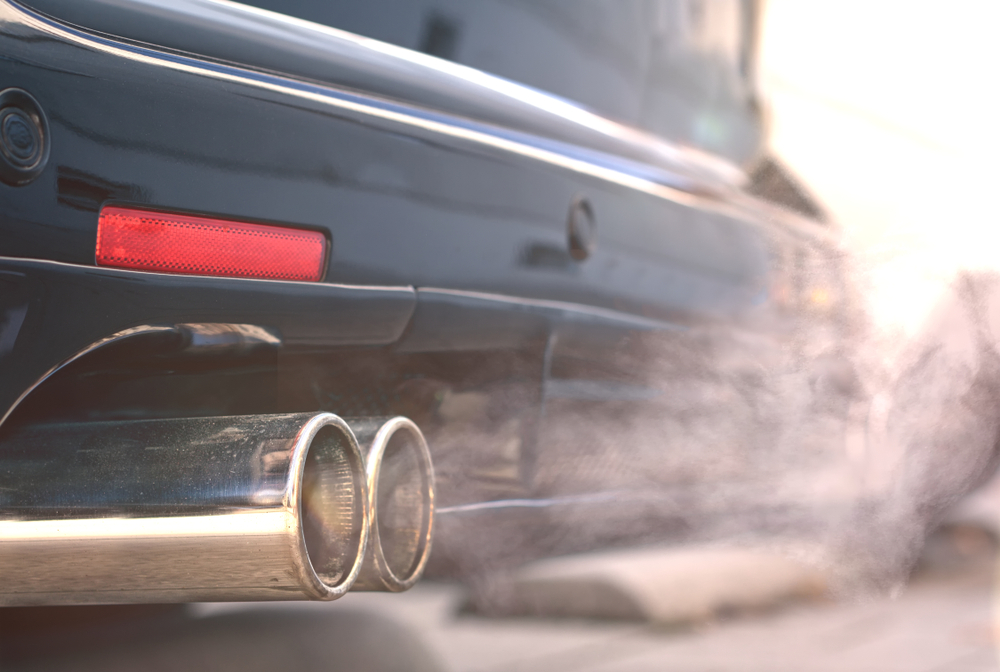
Some believe that using premium gasoline will result in lower emissions, but this isn’t true for most vehicles. Cars that don’t require premium fuel won’t see any reduction in emissions by upgrading to higher-octane gasoline. Modern emissions systems are designed to work effectively with regular gas. Using premium doesn’t make your car more environmentally friendly unless specified by the manufacturer.
You Should Use Premium Gasoline in Extreme Temperatures

Contrary to popular belief, premium gasoline does not offer additional protection in extreme temperatures. Whether in scorching heat or freezing cold, regular gasoline will perform just as well as premium for most vehicles. The key to engine performance in extreme weather lies in the vehicle’s design, not the type of fuel. There’s no need to upgrade to premium based on climate alone.
Premium Gasoline Contains More Additives
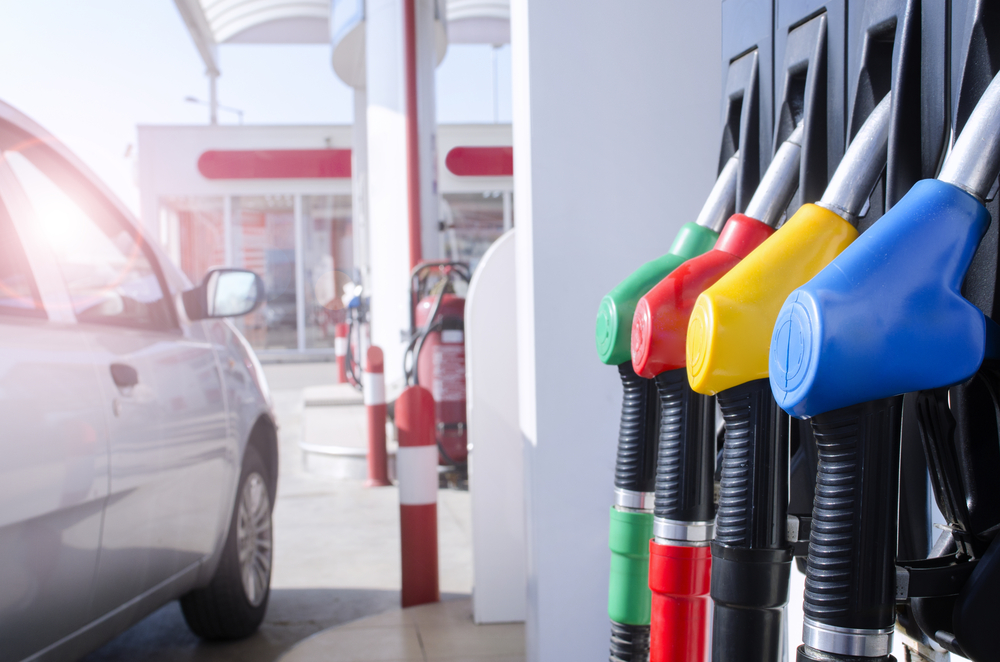
It’s a common misconception that premium gasoline has more additives that help protect your engine. However, all gasoline sold today contains the required detergents and additives to keep engines clean and running smoothly. Premium gas does not have an edge over regular when it comes to additives. For most cars, regular fuel already contains everything necessary to maintain engine health.
Premium Gasoline is Safer for Turbocharged Engines
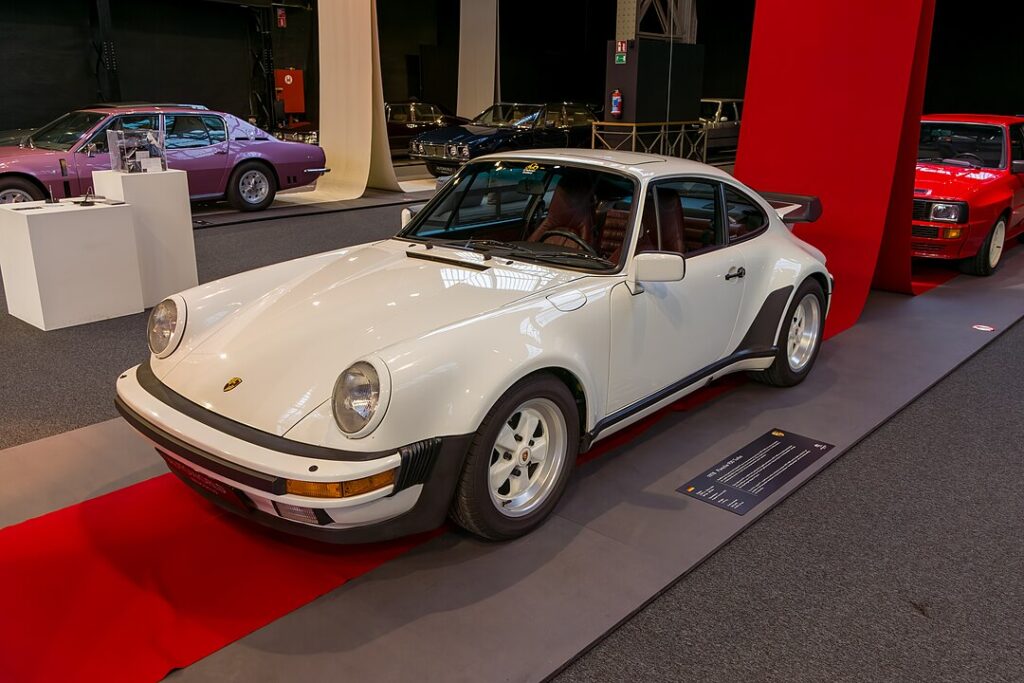
Though turbocharged engines might benefit from premium fuel, many are engineered to run just as efficiently on regular gas. Modern turbocharged vehicles are designed with sophisticated systems that adjust to lower-octane fuel without risking performance or engine health. Unless your manual explicitly recommends premium fuel, using regular won’t harm the engine. Premium is only necessary when specifically required.
Premium Gas Will Improve Performance in New Cars
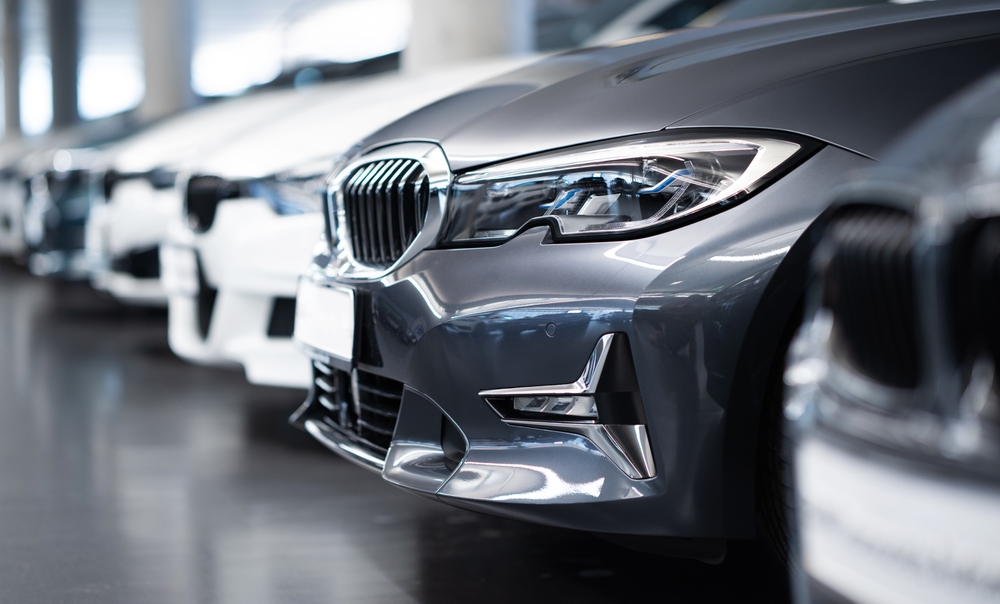
Some drivers think that using premium gas in a new car will enhance its performance, but that’s rarely true. Unless your new car’s engine is designed to run on premium fuel, you won’t see any improvements by using it. Most modern engines are optimized for regular gasoline. Stick with what the manufacturer recommends to avoid unnecessary spending.
Premium Gasoline Reduces Maintenance Costs
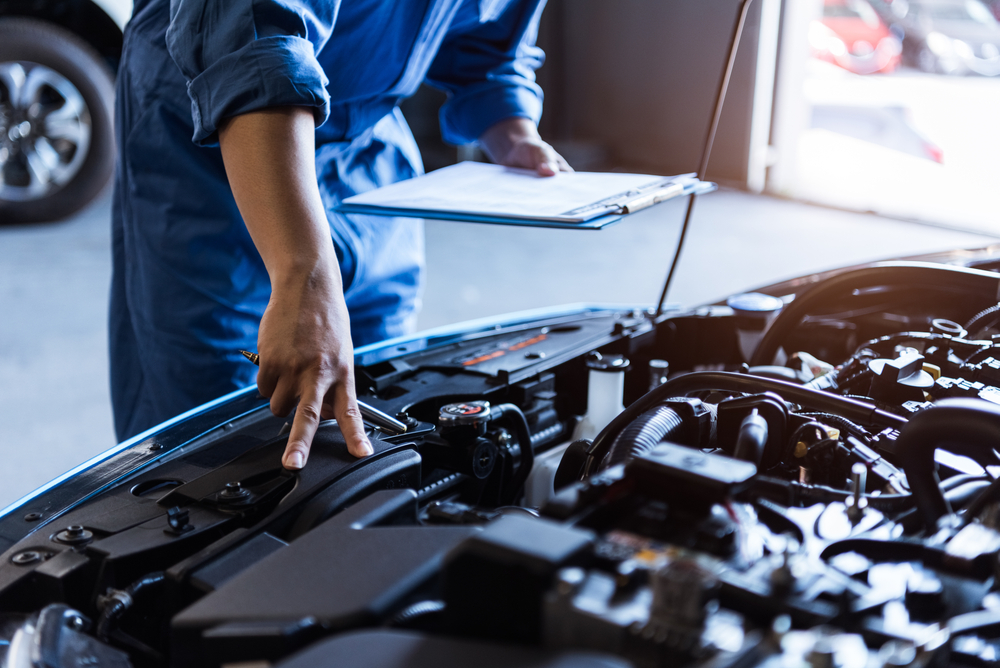
It’s often assumed that premium gasoline can help reduce long-term maintenance costs, but there’s little evidence to support this claim. Vehicles that don’t require premium fuel will not experience lower wear and tear from using it. Regular gasoline is just as effective at keeping your engine in good shape, as long as it’s what your car needs. Routine maintenance is a far more important factor in reducing repair costs.
Premium Gasoline is More Efficient in Stop-and-Go Traffic

The belief that premium gasoline improves efficiency in stop-and-go traffic is another myth. In reality, fuel efficiency in these conditions depends more on your driving habits than on the type of gas used. Premium gas doesn’t provide any added benefit unless your car’s engine is designed for it. Regular fuel works just as well in urban traffic for most vehicles.
You Should Use Premium Gasoline for Long Road Trips
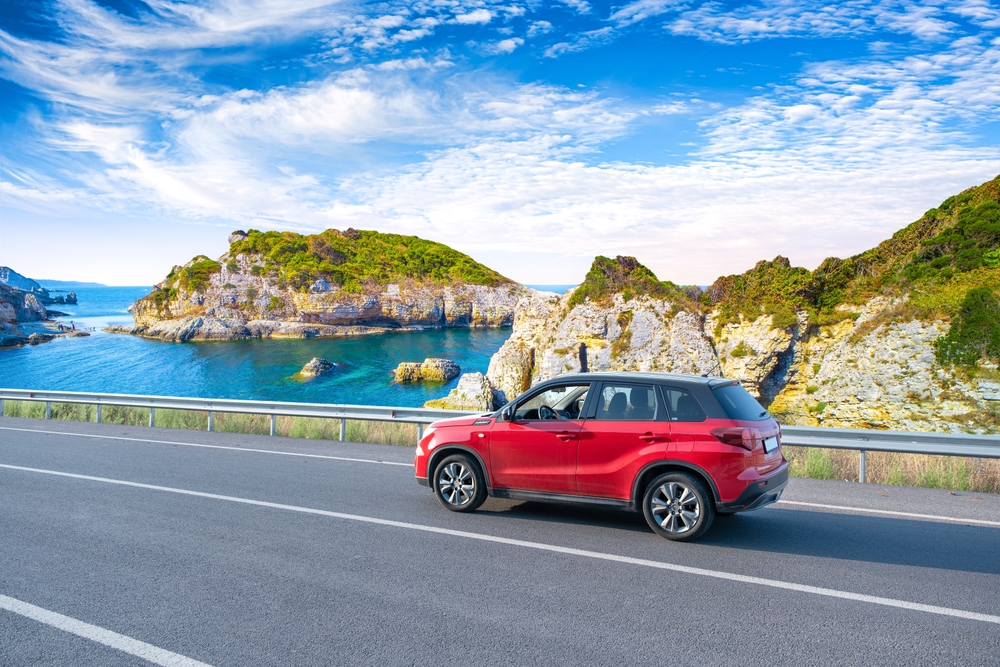
Many drivers think using premium gasoline on long road trips will enhance performance, but this is rarely the case. Unless your car’s engine requires high-octane fuel, regular gasoline will perform just as well on highways. Premium fuel won’t boost efficiency or provide extra protection during long drives. It’s better to follow your car’s fuel recommendations to save money on the road.
Premium Gasoline is Worth the Extra Cost
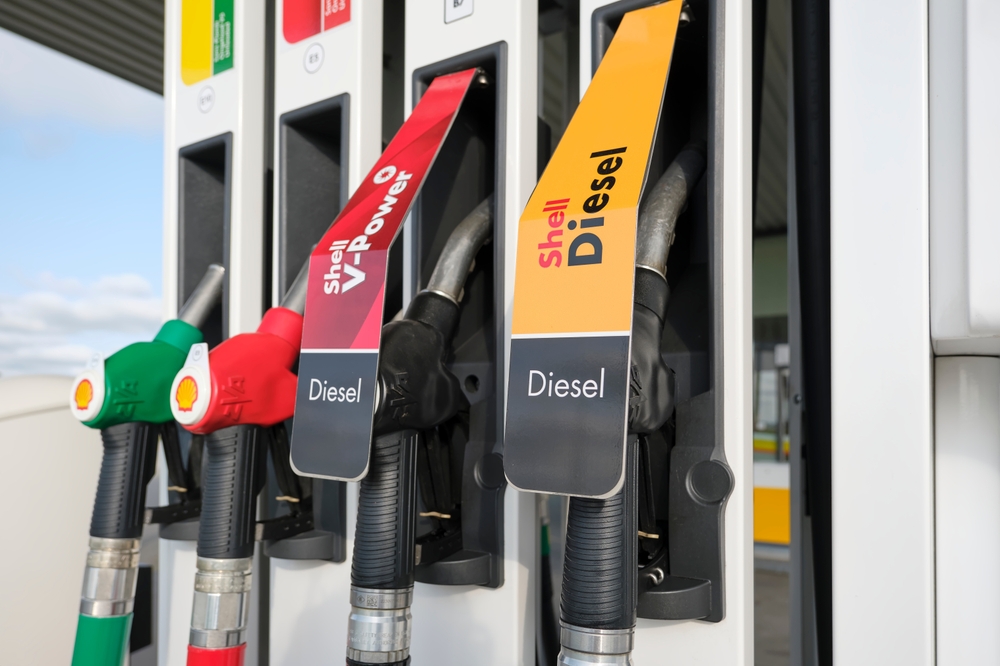
One of the most persistent myths is that premium gasoline is worth the extra cost, regardless of the vehicle. In reality, most cars on the road today run perfectly fine on regular gasoline. Unless your engine is specifically designed for premium fuel, the added expense offers no performance, efficiency, or longevity benefits. You’re better off sticking to the fuel grade your car was built to use.
This article originally appeared on MyCarMakesNoise.
More from MyCarMakesNoise
8 Best RVs for Long-Distance Travel
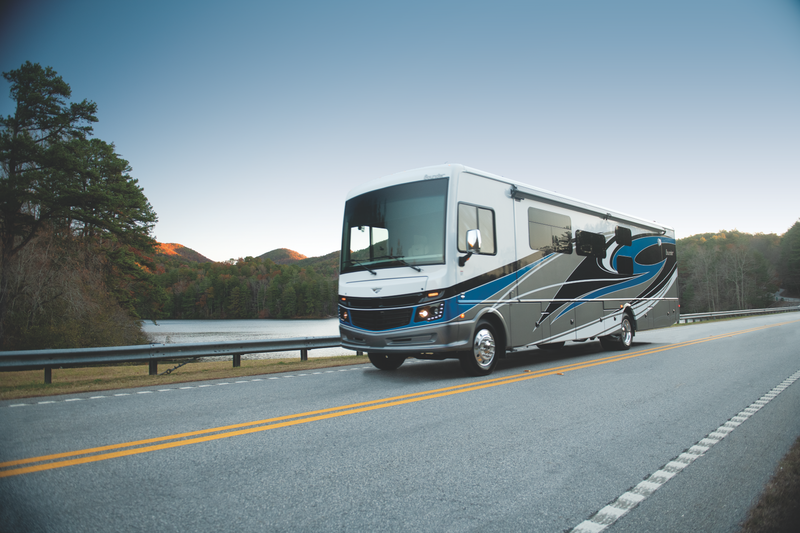
Planning a long-distance adventure on the open road? Choosing the right RV can make all the difference. From luxurious Class A motorhomes to compact and efficient Class B camper vans, there are plenty of options to suit every traveler’s needs. Read More.
15 Reliable 10-Year-Old Cars Built to Last Another Decade
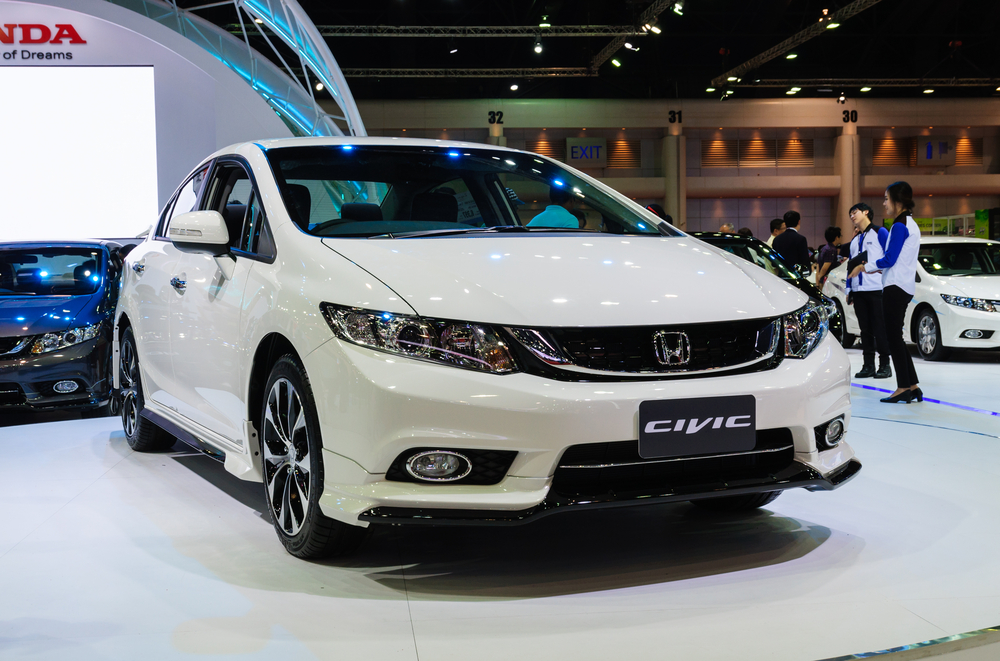
Are you looking to invest in a vehicle that stands the test of time? Our roundup of 10-year-old cars proves that age is just a number when it comes to reliability and durability. Read More.
15 Prestige Cars Popular Among Wealthy Americans and Their Prices
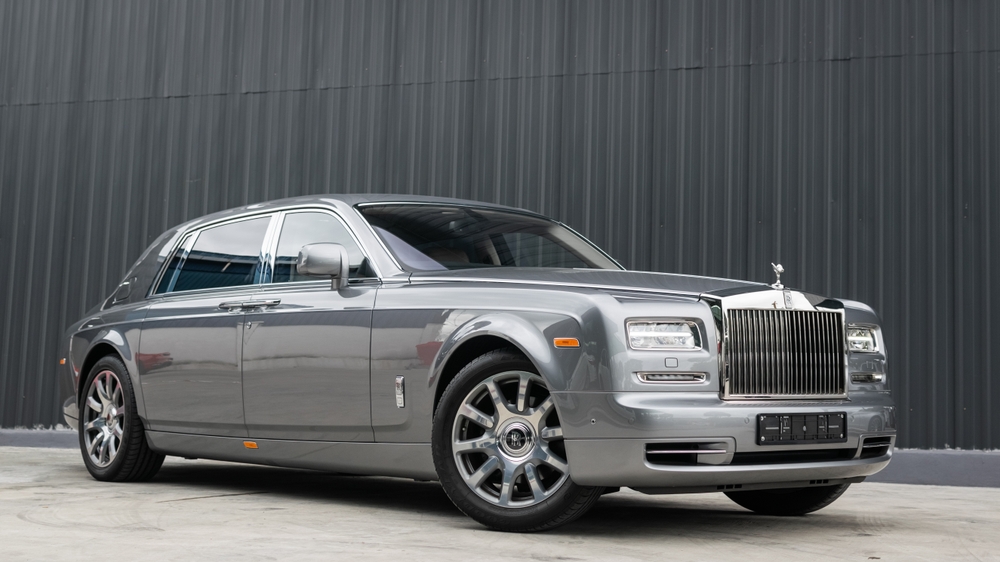
Wealthy Americans often pick cars that are not only luxurious and fast but also equipped with the latest technology. In this look at some of their top choices, we’ll find out why these cars are favorites and how much they cost. Read More.

